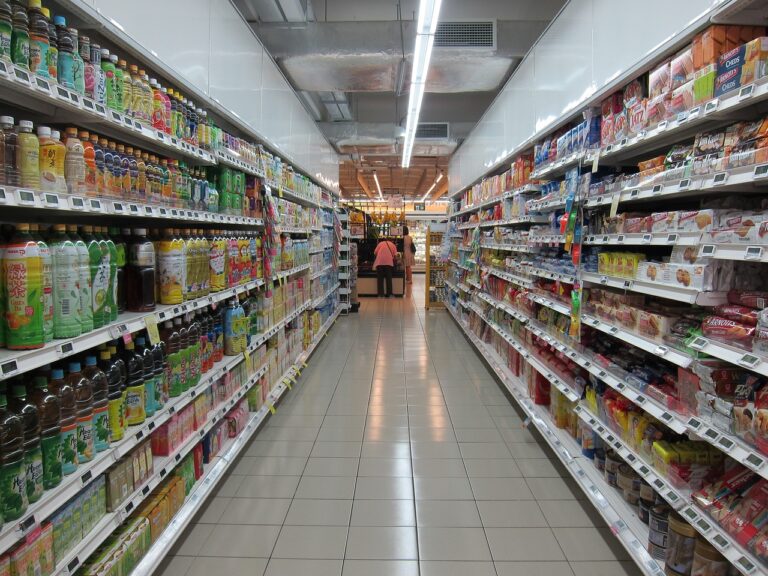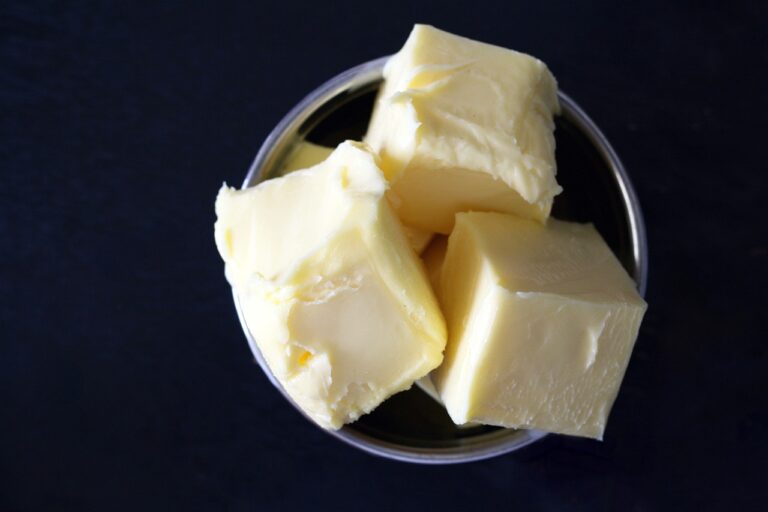The Future of Food Waste: Innovative Solutions for Reducing, Reusing, and Recycling
Food waste is a pressing issue that affects both the environment and food security globally. Fortunately, innovative technologies have emerged as effective solutions to combat this problem. One such technology is the development of apps that connect consumers with local food banks or charities to donate excess food instead of throwing it away. These apps allow for easy and convenient donation processes, reducing the amount of food that ends up in landfills.
Another innovative technology for food waste reduction is the implementation of smart refrigeration systems in supermarkets and restaurants. These systems use sensors to monitor food expiration dates and temperature, alerting staff when products are nearing their expiry. By providing real-time data and analysis, these systems help businesses optimize their inventory management, leading to reduced food spoilage and waste.
Urban Farming Solutions to Combat Food Waste
In dense urban environments, space is a precious commodity. However, innovative urban farming practices have emerged as a solution to combat food waste. By utilizing rooftops, vertical gardens, and other underutilized spaces, urban farmers are able to grow fresh produce in close proximity to consumers. This not only reduces the carbon footprint associated with transportation but also helps in minimizing the amount of unsold or unused produce that often goes to waste in traditional supply chains.
Urban farming also presents an opportunity for communities to actively participate in the food production process. Through initiatives like community gardens and urban agriculture programs, city dwellers can reconnect with the source of their food and gain a deeper appreciation for the resources that go into food production. This hands-on approach not only educates individuals about sustainable practices but also fosters a sense of responsibility towards reducing food waste on a local level.







